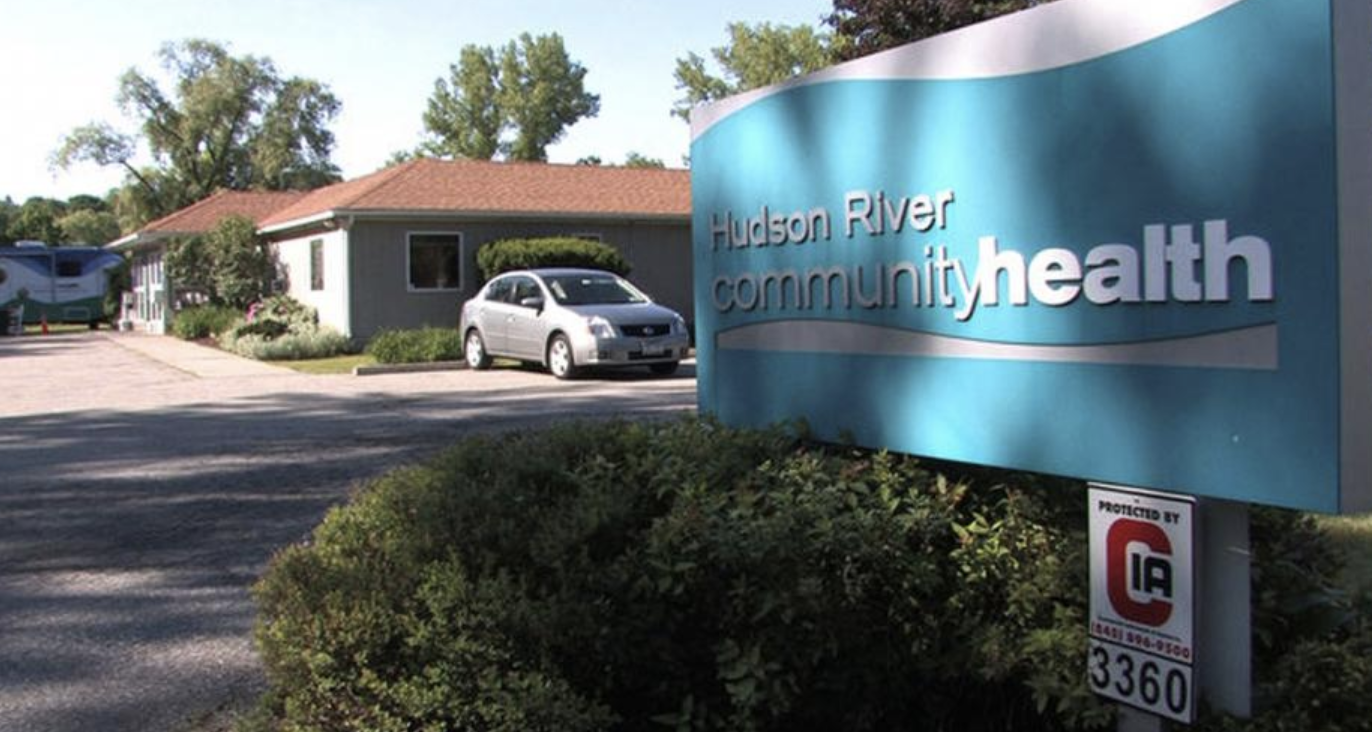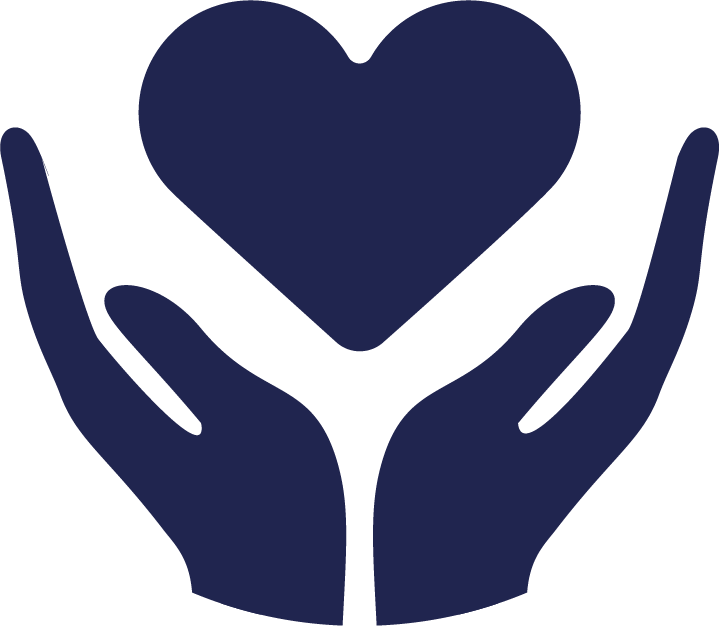As a Federally Qualified Health Center (FQHC), Hudson River HealthCare’s mission is to increase access to comprehensive primary and preventive health care and to improve the health status of our community in New York’s Hudson Valley and Long Island, especially for the underserved and vulnerable. We are proud to be a part of the Aledade value based care network, because we share the belief that primary care is the foundation of an effective health care system.

We work hard to coordinate the full range of care our patients receive, including outside of our health centers, to monitor, assess, and manage our patients’ full health and wellness needs, not just care for them when they’re sick. As part of an Accountable Care Organization (ACO), we are quarterbacking our patient’s health care.
One of the ways we do this is through our care management program, which focuses on a team-based, holistic approach to care. This allows Hudson River HealthCare to help patients achieve optimal wellness – from their physical and behavioral health needs, to social services and basic living needs.
As we see every day, low income or underserved patients can experience multiple barriers to care – from transportation challenges to lack of resources to follow up on care options. That’s where Care Managers play an important role, talking with patients individually to understand their specific situations and how they can help. We have seen many examples of how our approach to managing patients’ full-spectrum of health and wellness has made a big difference.
In one recent case, a Care Manager, making a routine check-in call with a patient, learned that the patient had recently canceled a medically necessary surgical procedure she was supposed to have on her eye. After inquiring with both the patient and the surgical center, our Care Manager discovered that it was due to the patient’s inability to afford the required insurance co-pay.
Our care manager took action and helped the patient find a community resource to help cover the co-pay, and ultimately the patient was able to get the surgery thanks to this additional support. Without a pre-surgery check-in call, our practice would not have known about the cancelation, and the patient would have likely skipped the surgery, with disastrous results.
A second case demonstrated the Hudson River’s team-based approach to care. One of our physicians learned during a patient visit that the patient did not have a place to live and was “couch surfing” at multiple friends’ apartments. We knew that without adequate housing, the patient would not be able to focus fully on taking her medications or monitoring her health conditions. Upon relaying that information to the care management team, we worked to get the patient an expedited appointment with a local housing organization. A Care Manager accompanied the patient to the housing organization interview and subsequent lease signing. Because of the swift work of our care management team in addressing an issue outside of basic health care, our patient’s quality of life was greatly improved.
We’ve learned that often, when caring for patients with limited resources, even the smallest barrier to care can become a serious issue, and that’s why we take the time and effort to check in often with our patients. As primary care providers, we know that in order to help keep our patients healthy, we need to focus on what happens beyond the walls of our health centers, from issues like housing or financial wellness. This keeps us up-to-date on our patients, coordinated with other providers, and providing the highest-quality care possible.
Participating in an ACO has allowed us to put even greater emphasis on keeping our patients healthy, and that’s our mission.



